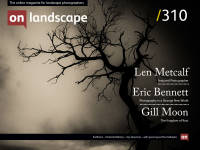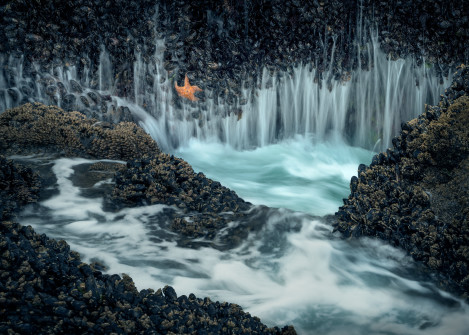Your photography, your mission

Eric Bennett
As a full-time nature photographer, author, and conservationist, I hope to share the value that wilderness has in its pure, unaltered state. In a world where we are disconnecting from nature more and more every day, I can’t think of another pursuit more worthy of my time and energy. I believe that if I can capture a scene in the right way, my photographs will inspire others to protect the last few wild places we still have left.
I currently live just outside of Salt Lake City, Utah with my wife and three children. While much of my photography is focused on the incredible scenery near my home, I have traveled to over thirty countries to capture the diverse and remarkable beauty of all different environments.
The world is rapidly changing, with no sign of slowing down. With the rise of artificial intelligence, advancing technology, and the proliferation of social media, the landscape of photography barely resembles what it was when I first began working as a full-time photographer in 2015. Many websites and platforms have come and gone. Certain avenues that were once very popular and effective ways to share work have died off or become obsolete without any better alternative to fill their place. Despite the confusion and uncertainty, photography continues to grow in popularity with more people picking up a camera every day.
We have all been forced to evolve in some way in order to continue to reach an audience and share our message as visual artists. Those of us who rely on photography for our sole income have to continually innovate lest we become obsolete. Even though I am by no means a veteran photographer, I might have some (hopefully) helpful advice to share from my own experience over the last decade.
Social Media
Attention is a precious, finite resource. So much so that companies are investing millions of dollars into finding new and effective ways to steal your attention in any way they can. Every single social media platform is carefully engineered—not to improve your life, not to make you happier, not to help you become more successful or connect with likeminded people—but to steal and sustain your attention for as much time as possible. The more aware you are of this, the less naive you are, the more careful and intentional you can be with how you use it. (Stolen Focus by Johann Hari)


